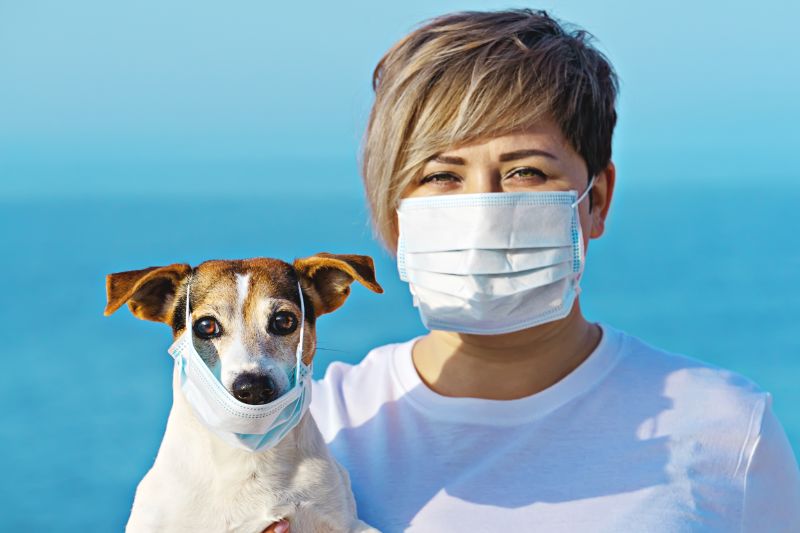What Every Pet Owner Should Know About Zoonotic Diseases

We are so fortunate to live in a time of preventive medicine. When it comes to the human-pet dynamic, we can easily stay in front of many potential problems.
Zoonotic diseases, for example, play a huge role in the world of prevention. With many pets sleeping with their owners and sharing kisses, responsible attention to hygiene, sanitation, and vaccination is of the utmost importance.
Close Quarters
Zoonotic diseases can be passed between pets and their people. Associated symptoms can range from mild to severe, with human deaths occuring every year. As a result, it is crucial to protect your family from the following zoonotic disease:
- Rabies
- Lyme disease
- Toxoplasmosis
- Leptospirosis
- Roundworms
- Hookworms
- Cat scratch disease
Always Aware
Zoonotic diseases affect both wild and domestic animals. They can be caused by bacteria, viruses, fungi and parasites. The following represent the different ways zoonotic diseases are transmitted:
- Direct contact with infected blood, saliva, urine or feces
- Indirect contact from soil, food and water bowls, chicken coops, and pens
- Mosquitos, fleas and ticks are responsible for vector-borne zoonotic diseases
- Food, such as unwashed fruits and vegetables, or undercooked meats can transmit disease
Everyone can contract zoonotic diseases but children under the age of 5 and adults over 65 years old are at higher risk of complications. Likewise, those with compromised immune systems should be extra careful around animals.
Preventing Zoonotic Diseases
There are many ways you and your family members can prevent the spread of zoonotic diseases, including:
- Maintain annual or bi-annual veterinary wellness exams
- Keep up with parasite prevention medication year round
- Vaccinate your pet from infectious disease
- Wash your hands thoroughly after handling your pets and cleaning up after them
- Scoop litter daily and always wash your hands (or wear gloves)
- Check for ticks after any time spent outdoors
- Wash wounds, like bites or scratches, with soap and hot water
- Wear gloves when digging in the dirt
- Restrict your pet’s access to the outdoors to minimize hunting of rodents
- Don’t feed your pet raw or undercooked meat
- Cover sandboxes when not in use, discourage kids from playing in public sandboxes
Keep Up the Affection
The benefits of pet ownership outweigh the potential risks associated with zoonotic diseases. However, knowing that sharing your life with a pet brings certain risks, it’s necessary to prevent the spread of illness. With up to date vaccinations and parasite control, you and your pet can stand up against zoonotic diseases.
If you have questions or concerns about zoonotic diseases, or to schedule an appointment, please let our staff know.

